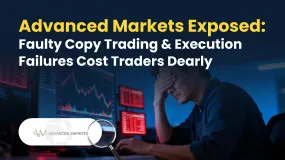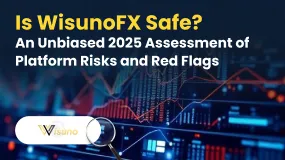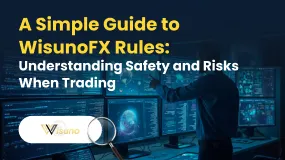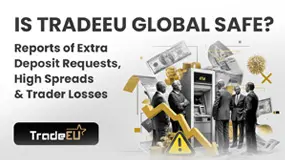Abstract:Cryptocurrency-backed loan platform Nexo unveiled the Nexo Card on Wednesday, its first crypto-backed card powered by Mastercard in select European markets.
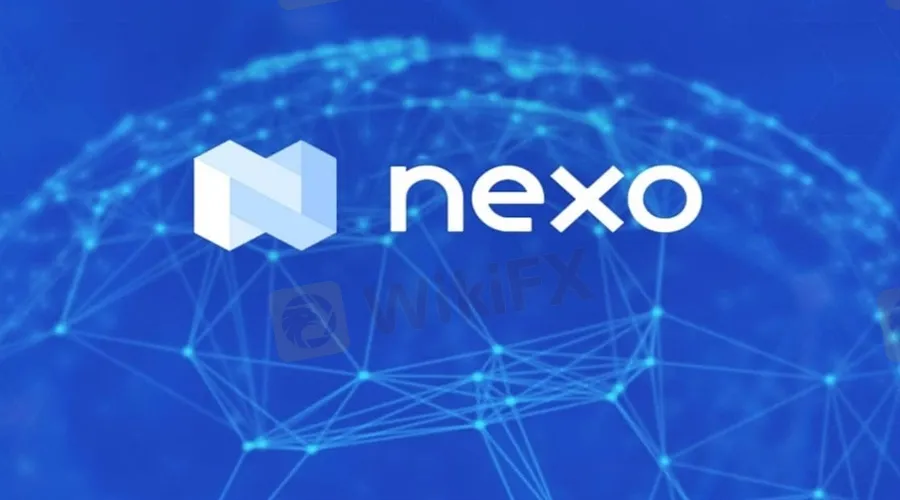
Nexo inked a deal with Mastercard and DiPocket.
The crypto card will be available in select European markets.
According to the press release, the company partnered with both Mastercard and DiPocket to give its users access to crypto-powered liquidity across 92 million merchant sites worldwide. Nexo Card has been marketed as the first card in the world that allows users to spend without having to sell their digital assets.
“Launching the Nexo Card in Europe in partnership with Mastercard and DiPocket is a big milestone for us and the latest proof of the immense synergy between the existing financial network and digital assets. This unique product will allow millions of people, first in Europe and then worldwide, to spend instantly without having to give up the potential of their cryptocurrencies , thus offering unprecedented everyday utility for the emerging asset class,” Antoni Trenchev, the Co-Founder and Managing Partner at Nexo, commented.
Nexo‘s cryptocurrency-backed credit card can be used at 92 million merchants worldwide accepting Mastercard, Nexo said, allowing investors to spend up to 90% of their crypto assets in fiat. “Mastercard believes that digital assets are revolutionizing the financial landscape, and we are leading in innovation with programs like our partnership with Nexo to deliver people new and one-of-a-kind choices in how they pay and activate their crypto holdings. We’re excited to continue to innovate in payments by making digital assets more accessible across the ecosystem,” Raj Dhamodharan, Mastercards Head of Crypto and Blockchain Products and Partnerships, highlighted.
Card Details
“The card requires no minimum repayments, monthly, or inactivity fees. There are no FX fees for up to 20,000 euros per month,” Nexo added in the press release.
There are no limits to how much can be spent or withdrawn from an open credit line, and interest is only charged on the amount actually used by the customer. The interest rate remains at 0% for customers with a loan-to-value ratio below 20%.
“DiPocket is delighted to have been selected as the issuer of the Nexo Card, a truly innovative solution designed to fulfil the needs of millions of investors in digital assets. Our partnership in this project with Nexo and Mastercard is a distinctive example of how DiPockets embedded finance technology enables visionary companies to deliver value and convenience to their customers,” Fedele Di Maggio, the Co-Founder and CEO at DiPocket, stated.





